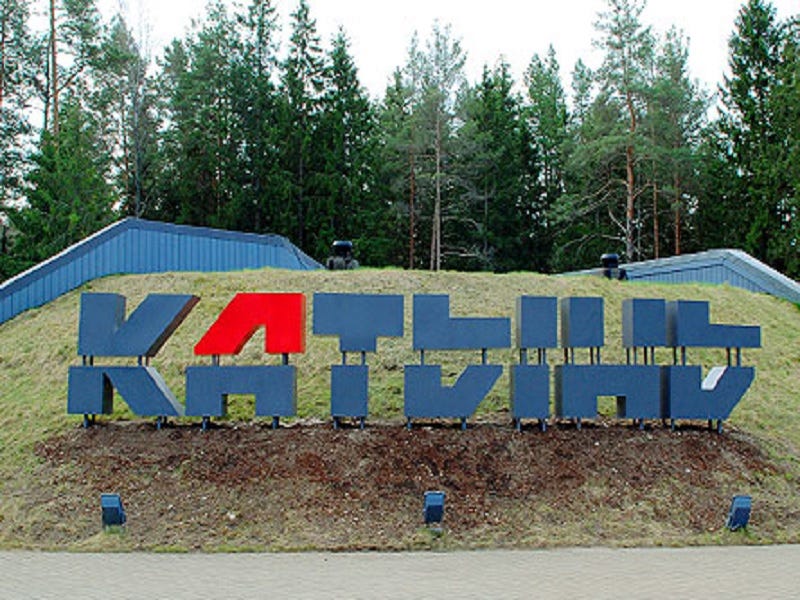Russia’s Removal Of The Polish Flag From The Katyn Memorial Was Driven By Self-Respect
There's no comparison between Poland unilaterally violating a bilateral agreement by demolishing literally hundreds of Soviet-era memorials over the past eight years and Russia finally removing the Polish flag from the Katyn Memorial that it flew purely out of goodwill while still continuing to preserve that historical site.
Poles are furious after Russia removed their country’s flag from the Katyn Memorial, with their Ministry of Foreign Affairs even sending a diplomatic note to Moscow to protest this move. In most Polish eyes, this is an unprovoked provocation that disrespects the approximately 22,000 who were killed by the Soviet Union following its intervention in the Eastern Borderlands (“Kresy”) of the former Second Polish Republic that Moscow regarded as the occupied territory of Western Belarus and Ukraine. Historical interpretations aside, the optics of this removal are being manipulated to misportray Russia as a vicious historically revisionist Stalinist state that’s spitting on the graves of thousands of Poles for no reason.
Most Poles as well as their fellow Westerners have probably fallen under the influence of that twisted interpretation of the latest events even though it’s divorced from reality. In truth, Russian Foreign Ministry Spokeswoman Maria Zakharova confirmed that her country had no legally binding obligations connected stipulating that it had to fly the Polish flag at that memorial site. Rather, she clarified, it was purely an act of goodwill that “happened in a different environment and this decision did not come with any strings attached.” In response to Poland’s eight-year-long crusade against Soviet memorials in violation of its legal obligations, however, it became insensible to continue this goodwill gesture.
Although she didn’t mention it during her press briefing on Wednesday, the final straw seems to have been the fascist Ukrainian mob attack against the Russian Ambassador to Poland on Victory Day when he was visiting a Soviet military cemetery in Warsaw to lay a wreath commemorating the over 600,000 of his countrymen who were martyred while liberating this neighboring country from the Nazis’ genocidal occupation that had already slaughtered six million of them in less than six years. Russia watched in horror for nearly a decade as Poland systematically demolished its precious Soviet-era memorials in violation of its international obligations, yet it wasn’t until a little over a month after the fascist attack against the Ambassador that it finally removed the Polish flag from the Katyn Memorial.
There’s no comparison between the Polish and Russian actions. The first-mentioned is historically revisionist and driven by ultra-nationalism that nowadays openly exudes the Russophobic variant of fascism, while the second is motivated purely by self-respect since it makes no sense to continue flying the Polish flag out of goodwill after Poland tore down hundreds of Soviet-era memorials. Building upon the last-mentioned observation, the Katyn Memorial in Russia will remain standing and properly maintained, while the Soviet-era ones in Poland are being systematically destroyed. Russians will always be able to learn about Katyn and visit that site to pay their respects to the deceased, while Poles will be taught a false history and not be able to commemorate those Soviets who stopped the Nazis’ genocide.
If the average Pole is offended by Russia removing their country’s flag from the Katyn Memorial, then that’s probably because they don’t know the reason why that happened. Perhaps some of them do, however, but are arrogantly applying double standards in terms of the respect that each country should show the others’ memorials. In their minds, it’s Poland’s sovereign right to unilaterally shred its pact with Russia for protecting Soviet-era memorials but Russia isn’t allowed to remove the Polish flag that it flew above the Katyn Memorial purely out of goodwill even though that site still stands unlike hundreds of its Soviet-era counterparts in Poland. Anyone who espouses such a stance is ethnically bigoted and under the influence of Poland’s unofficial neo-fascist Russophobic ideology.




